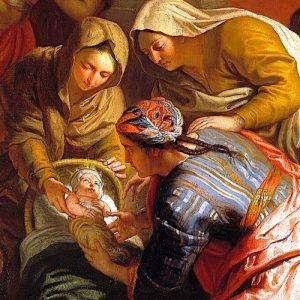
Each year on September 8, the Catholic Church commemorates the birth of the Blessed Virgin Mary, a joyful event that precedes her role as the Mother of God.
The feast of the Nativity of the Blessed Virgin Mary holds unique significance, not only as a celebration of Mary’s birth but also as a reminder of her place in the salvation narrative.
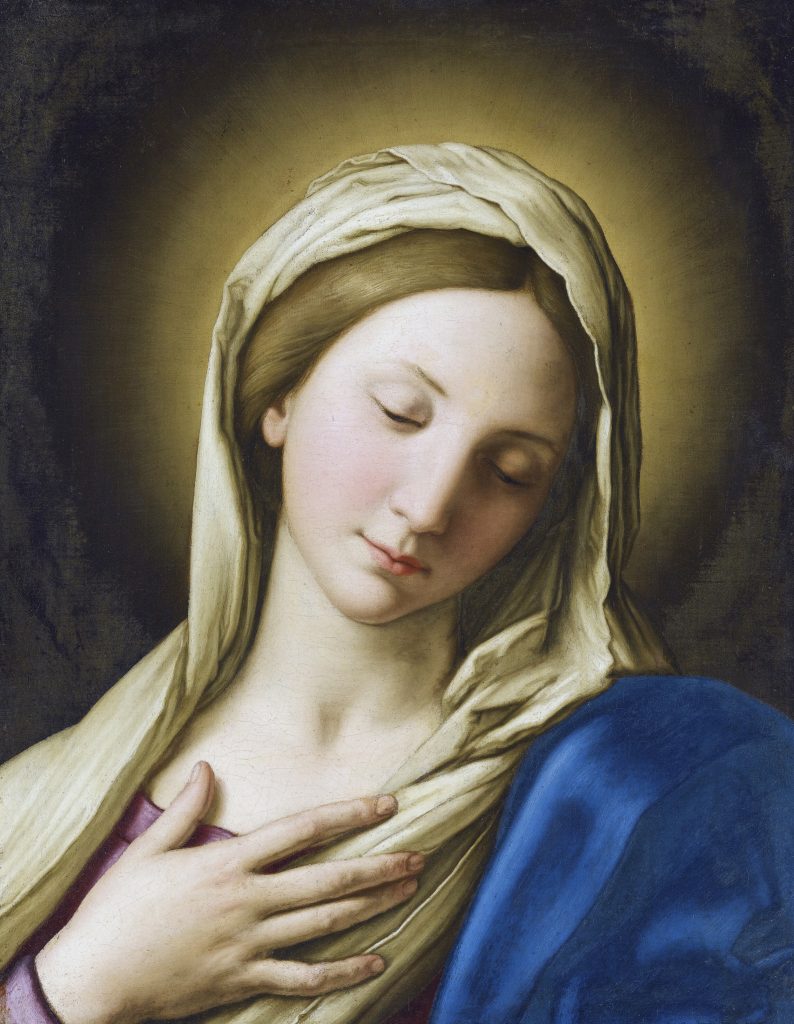
For those devoted to Our Lady, this feast offers a special opportunity to reflect on her virtues and her unique calling, inviting us to integrate these insights into our spiritual lives.
Unlike many of the feast days in the liturgical calendar that are grounded in scriptural events, the Nativity of the Blessed Virgin Mary is based on Christian tradition and apocryphal sources, such as the Protoevangelium of James. This apocyphal text provides the earliest account of Mary’s birth, describing how her parents, St. Anne and St. Joachim, miraculously conceived her despite their advanced age.
Longing for a child and promised divine favor, Anne and Joachim welcomed Mary as a miraculous gift from God. This day, therefore, celebrates not only the physical birth of Mary but also the divine providence that accompanied her earthly arrival.
The origins of the Feast of the Nativity of Mary can be traced back to the early Christian era, although the date and manner of its first celebration remain unclear. Even today, Mary’s birth is viewed as a “pre-gospel” celebration that anticipates the later joys of Christmas. This day symbolizes the hope and fulfillment that Mary brings into the world—a fulfillment that reaches its peak with the birth of her Son, the Savior.
By commemorating Mary’s birth, we are also reminded the many other Marian devotions, especially her Immaculate Conception, the extraordinary grace bestowed upon her from the first moment of her existence, preparing her for her role as the Mother of God.
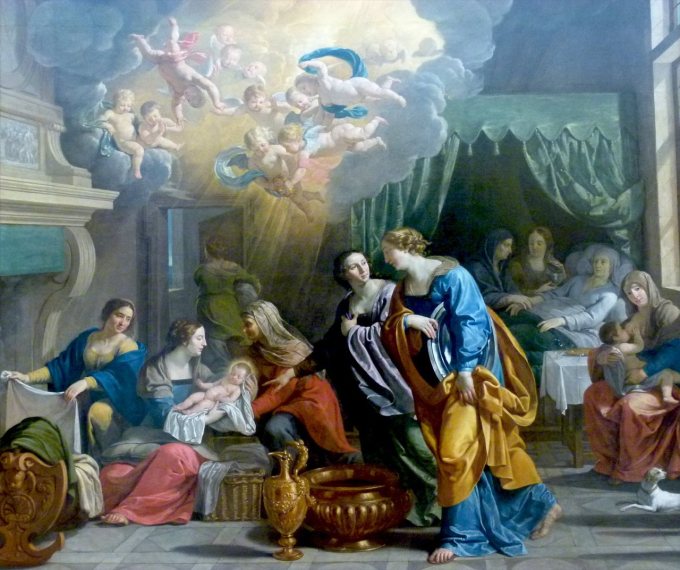
The Nativity of Mary serves as an excellent opportunity for the faithful to reflect on her virtues—humility, obedience, and unconditional love, to name a few. The birth of Mary offers a model of holiness that we can strive to emulate in our own lives. This feast day serves as a reminder that we are all called to a life of holiness, fidelity, and service to God, just as Mary was.
Different cultures have unique ways of celebrating the Nativity of the Blessed Virgin Mary. In some regions, it marks the beginning of the harvest season and is accompanied by festivals and feasting. Special liturgies and prayers, including the singing of the “Magnificat” and the recitation of the Rosary, are common practices.
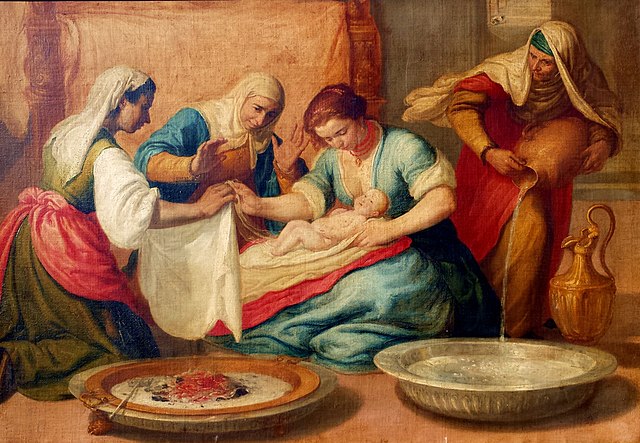
Communities often come together for Marian processions, masses, and special blessings, highlighting the universality and diversity of devotion to Mary. But the feast of the Nativity of the Blessed Virgin Mary is not just a day of joy; it’s a day of anticipation for the grand narrative of salvation history that is about to unfold.
Through the celebration of Our Lady’s birth, we are invited to partake in that joy and prepare our hearts for the spiritual journey that lies ahead. It serves as a reminder that in every beginning, in every birth—physical or spiritual—there lies a divine promise of hope and fulfillment.
The feast itself is a momentous occasion, celebrating the birth of one who would become the Mother of God. Mary’s nativity is seen as the “dawn” that precedes and prepares for the coming of Christ, the “Sun of Justice.”
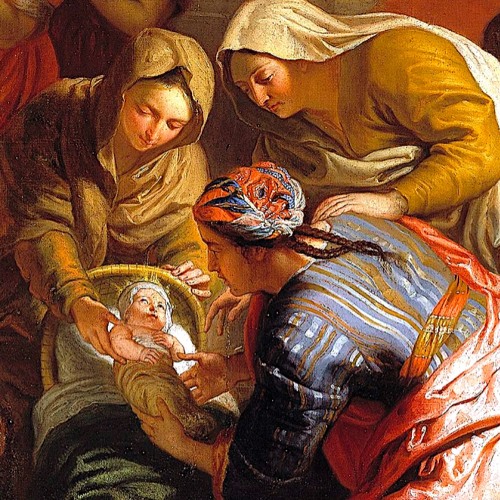
Various saints have expressed the significance of Mary’s nativity in their writings and sermons, highlighting the profound spiritual implications of this feast.
- St. John Damascene: “The day of the Nativity of the Mother of God is a day of universal joy because, through the Mother of God, the entire human race was renewed, and the sorrow of the first mother, Eve, was transformed into joy.”
- St. Augustine: “She is the flower of the field from whom bloomed the precious lily of the valley. Through her birth, the nature inherited from our first parents is changed.”
- St. Alphonsus Liguori: “As the dawn is the forerunner of the sun, so was Mary the precursor of Jesus who is the Sun of Justice.”
This feast invites us to ponder the mystery of God’s love through Mary’s birth, as we’ve seen reflected in the words of various saints.
As we celebrate this special day, may we strive to live according to Mary’s virtues, drawing ever closer to her Son, Jesus Christ.


